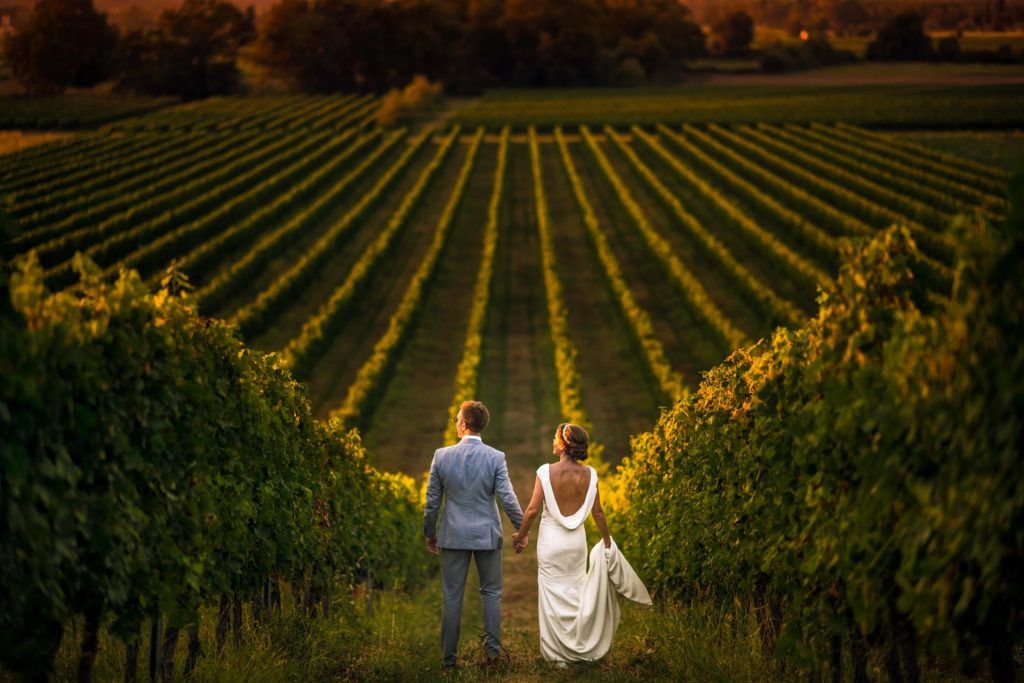In the United States, recent uproar over former plantations hosting weddings has resulted in their removal from major wedding sites. South Africa has an equally dark past when it comes to slavery, so should you also consider your wedding venues history before booking?
Plantation weddings have been huge in the US for years. Despite being the site of slavery for hundreds of years, many love the old grand houses and large open gardens for their wedding. Ignoring the brutal history of the slavery in favour of a grand staircase in an Antebellum estate is quite a difficult pill to swallow, especially when it is likely there will be persons of colour, whose ancestors were slaves, attending or working at your wedding.
Even big wedding planning sites like Pinterest are removing the references to a plantation aesthetic from their site. According to CNN, Pinterest will limit the distribution of plantation wedding content across its platform.
In South Africa, wine farms and old historical sites are equally beloved as wedding venues for their antique and classic feel. Big open lawns, old Dutch colonial buildings and vineyards do make for pretty pictures, but it is a bit uncomfortable when you realise that “quaint” bell in the corner of your group shot was built to regulate the slaves who worked on the farms every day.
In addition, many wine farms are further tainted by the history of oppression of workers under apartheid. Unfair labour practices and cruel payment systems like the “dop” system have resulted in years of trauma, addiction and degradation of communities as a result of your wedding venue’s previous choices.
So does this mean you should strictly search for wedding venues that have not been tainted by slavery? Well that’s a bit difficult as much of South Africa, especially in the Western Cape, was built by slaves and so the history is everywhere.
Rather when choosing a location which does have a clear connection to slavery, it should be important to consider how the venue is run now, ask questions regarding their treatment of staff, consider finding out if they are contributing to initiatives to uplift the community that supports them and how they reconcile their slave and apartheid past with their current ethos.
In addition you can also consider how you can contribute to the community where you are holding your wedding, either through donations or volunteering your time. While not a solution to the thousands of years of oppression, it at least would go a way to acknowledging the past and recognising how your lovely wedding venue came to be.
Image: Unsplash




















